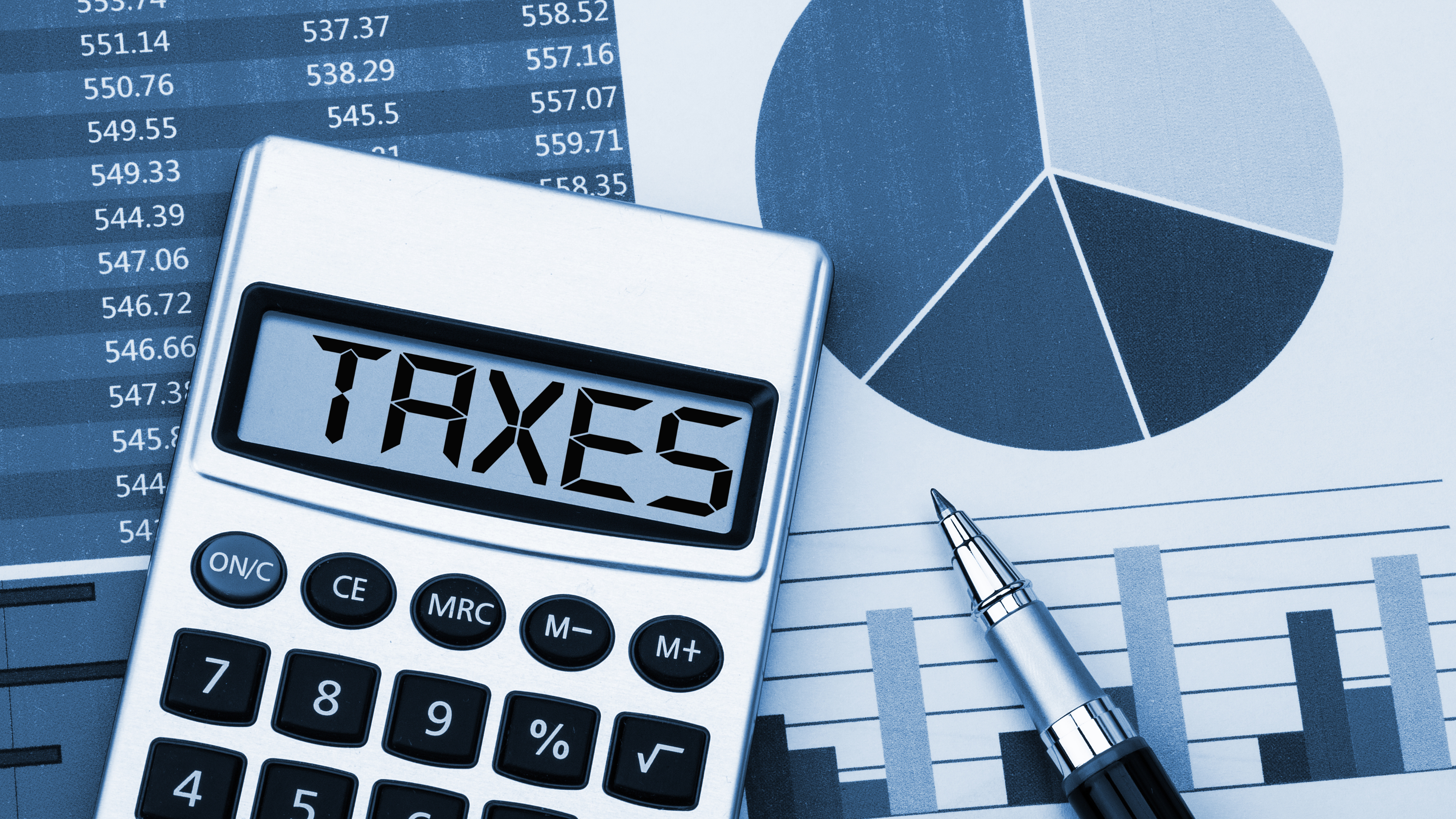Tariffs and Taxes: Lessons from Prohibition (Yes, Prohibition)
.png)
If paying taxes drives you to drink, you’re not alone.
So it’s interesting to note the driest era in American history might teach us the most about today’s tax environment.
Let me explain.
I am passionate about preparing Americans for the risk of rising taxes. And I spend a good bit of my time traveling across the country, speaking to groups of U.S. savers. One question that keeps coming up this year goes something like this:
“Hi Becky, that was a great talk.” (Modesty, always.) “I liked what you said about Washington raising taxes in the future. But isn’t there another way? Couldn’t higher tariffs make higher taxes unnecessary?”
It’s a great question (Modesty, once again.) And one that deserves a little historical perspective.
Tariffs, of course, are those taxes on goods imported into a nation. And they’ve been a big part of President Trump’s tax policy and reforms.
Sometimes tariffs are promoted as a way to generate additional revenue from foreign sources (since overseas manufacturers must pay the tariff when bringing products into the U.S.). Sometimes tariffs are promoted as a way to increase domestic production and generate tax revenue from a growing economy (as foreign goods become more expensive, companies have an incentive to manufacture the goods here in the U.S.).
But I’m not here to debate the pros and cons of tariffs.
I’m here to look at whether - long-term - today’s higher tariffs will bring lower taxes in the future.
And to do that, it’s helpful to look at the past.
Back in 2023, one of our Stonewood Members recommended a great book to me: Last Call - The Rise and Fall of Prohibition. Granted, it took until 2025 for me to read it, but boy am I glad I did.
Not only was it a fascinating look at a very volatile time in U.S. history, but it also had some incredible tax insights for today.
Do you know what ended Prohibition?
I mean, besides the 21st Amendment.
There’s a strong argument to be made that taxes did.
When the income tax was introduced in 1913, it gave the U.S. government a brand new form of revenue. And because our nation now had income taxes coming into the government coffers, it gave politicians some breathing room to give up another important form of revenue: the liquor tax.
By the early 1900s, nearly 40 percent of our government’s revenue was being generated by the liquor tax. That made Prohibition a risky endeavor. But by the time America ratified the 18th Amendment, the new Income Tax had caught up. When Prohibition passed, revenue from the income tax was there to replace the revenue lost from the liquor tax.
But the nascent income tax also faced some big opponents, especially industrialists and other business leaders who were suddenly paying a LOT more income tax than they’d like.
By the late 1920s, leading U.S. industrialists like Pierre du Pont and John Rockefeller began pushing for Prohibition’s repeal.
And it wasn’t because they wanted a national return to drinking.
It’s because they wanted to get rid of the income tax. And to do so, they needed the revenue back from legal liquor sales.
Of course, we all know what happened.
As America was spiraling into the Depression, Prohibition ended, and the liquor tax came back.
And the income tax? Well, the government just kept on collecting it.
And that, I believe, is the important lesson for today.
While America can occasionally get Administrations that work to reduce taxes, over time we tend to have more Administrations eager to get all the revenue they can. The tax policies put in place today are often changed by the governments of tomorrow.
And that means - overtime - new and enhanced revenue sources often serve to deliver additional tax revenue, not replace revenue the government is already getting.
So should our clients still prepare for the risk of rising taxes?
If they plan to be retired beyond the next four years, the answer is yes.

Credit: The Walter P. Reuther Library, Archives of Labor and Urban Affairs, Wayne State University.


